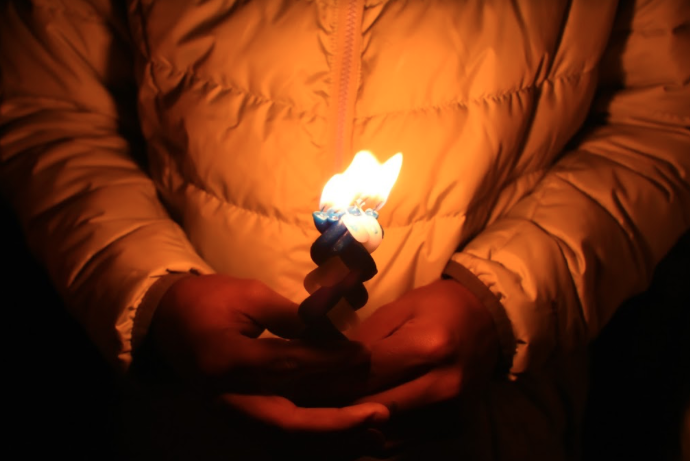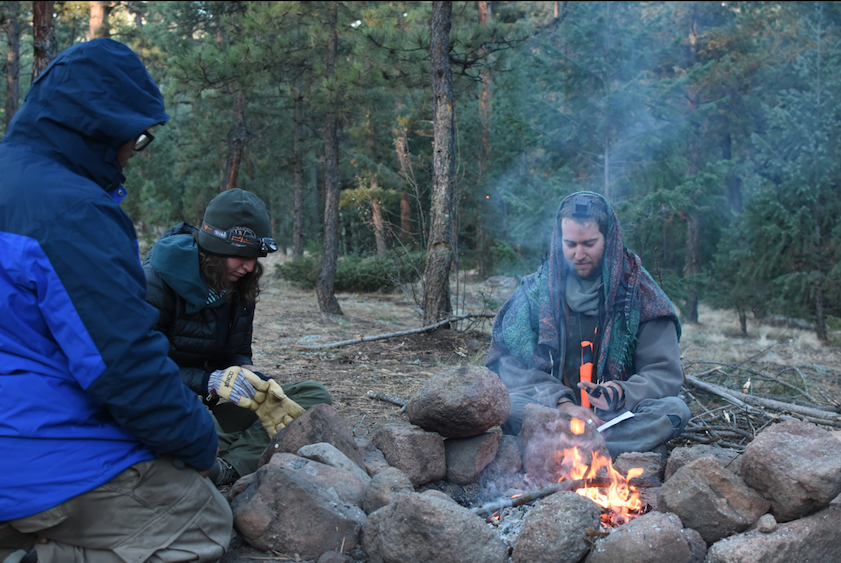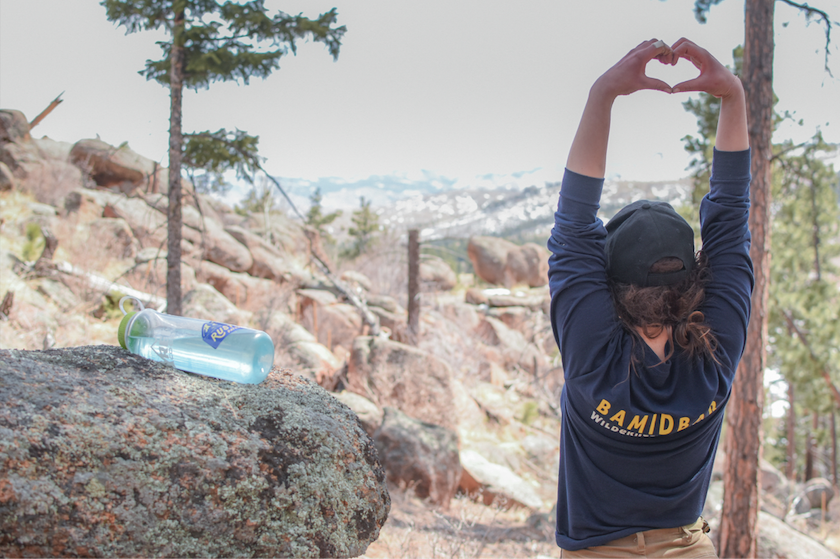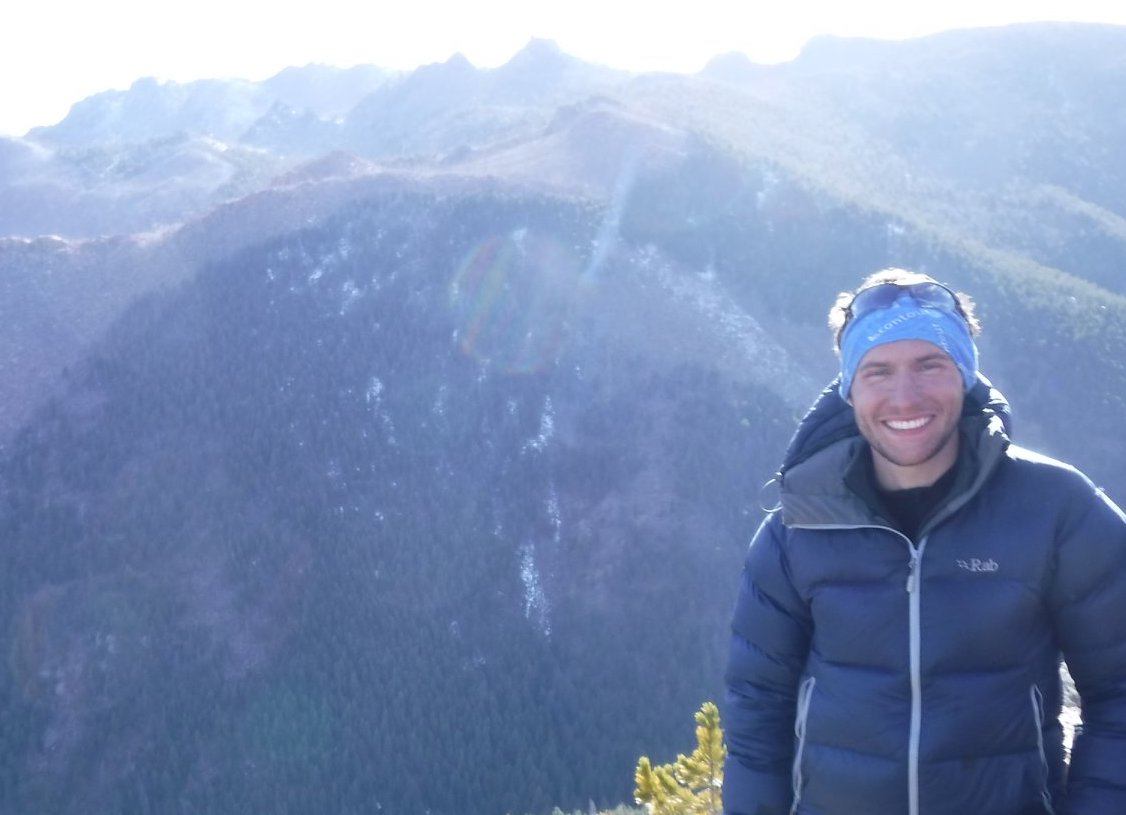By: Gabi Wasserman
Does it mean that BaMidbar accommodates Jewish ritual requirements? We do. However, this is only a part of why we call ourselves a Jewish residential therapeutic program.

Havdallah candle
In American society, we are becoming more aware of the deep questions that we face as individuals. These questions are about identity, community, and why our lives have value. These are questions of the heart rather than questions of the brain, and they can have a huge impact on our happiness and long term health. Like fault lines that are hidden deep under the earth, they are broad in scope and existential. Failing to understand and explore them can lead to feeling empty or stuck. What does it mean to be a human being on this planet? What does it mean to live in relation to other humans? What responsibilities do I have to others beyond myself? What does it mean to be in community? These are questions that everybody, not just participants at BaMidbar, ask themselves. Many people are beginning to realize that our modern culture does not adequately address them.

Staff and student during morning prayer
And to our credit as a western culture, we are beginning to explore these questions of identity and community from a scientific angle. The “Rat Park” studies of the 1970s, conducted by Dr. Bruce Alexander, demonstrated that rats who lived in social environments with other rats and were given access to two water sources, one pure, and one laced with drugs, remarkably preferred the pure water. This was in stark contrast to previous experiments showing that rats who were made to live in solitude always chose the drug-laced water and would continue to drink it, even if it killed them. Clearly, there are very powerful implications for how the brain responds to living in community with others that can lead to much healthier lives. But Judaism has been exploring these questions for thousands of years and may have more to offer on the subject, albeit with a different vocabulary.
Clinical psychology provides the foundation of BaMidbar’s therapeutic approach. Psychology and neuro-science offer tremendous insight into how the different parts of our brain control and influence our lives. We can use those insights to understand why we react the way we do in stressful situations. And we can even use these insights to expand our “window of tolerance” i.e our ability to react and function in healthy ways to a broader range of emotional stimuli. All of this is made possible by science.

Heart-shaped hands
There is a text from the Talmudic era (500 CE) in which two Rabbis dispute the most important principle in life. Rabbi Akiva said that it was the commandment, “Love your neighbor as yourself.” Ben Azzai disagreed saying that it was the principle that all humans are created in God’s image. The text suggests that other ancient Rabbis supported Ben Azzai over Rabbi Akiva. And why was Ben Azzai’s choice more compelling to them? Because the ancient Rabbis found a loophole in Rabbi Akiva’s principle. They asked the question, “What if somebody doesn’t love themselves?” R. Akiva’s principle doesn’t address this situation. Does that give this troubled person permission to treat others with scorn? If I am supposed to love other people “like myself”, and I don’t like myself, does that mean that I have permission to not like others?
Ben Azzai’s principle, that all humans are created in the image of God, didn’t allow for that situation. The Rabbis understood this principle to mean that every human being is sacred. So even if a person didn’t love themselves, they would not have permission to treat another human with scorn, because that other human being has infinite value. And furthermore, to fully live out this principle, the individual who didn’t love themselves would be compelled to look within to find what was sacred. They would have to find out what it is that is worth loving and find their path to healing. This is why Ben Azzai’s principle may have been the stronger one.
At BaMidbar, we have had Jewish young adults from across the religious spectrum take part in our program. Many of them have different conceptions of what the word “God” means to them. But thinking about God as the ancient Rabbis did is not required to explore the concept illustrated by their disagreement. This 1500-year-old text is a blueprint for asking questions about self-love (or lack-of) and our relationships. And these are some of the questions that have never been more relevant to us than today.

A pristine environment
BaMidbar’s approach incorporates the modern understanding of the human brain through the study of psychology and neurology, with the collective Jewish experience around the deeper questions that every person grapples with. We do this in the wilderness- a pristine environment where there are no distractions and no false fulfillments. It is the clearest lens through which to look at ourselves and create space for these questions in our lives. That is what makes BaMidbar a Jewish wilderness therapy program.

Gabi Wasserman,
Program Director
Gabi Wasserman is the program director at BaMidbar Wilderness Therapy. Gabi first started as a field guide when BaMidbar opened its doors in 2018. Gabi is based in Denver and can usually be found during working hours in the corner of one of Denver’s many local coffee shops.
